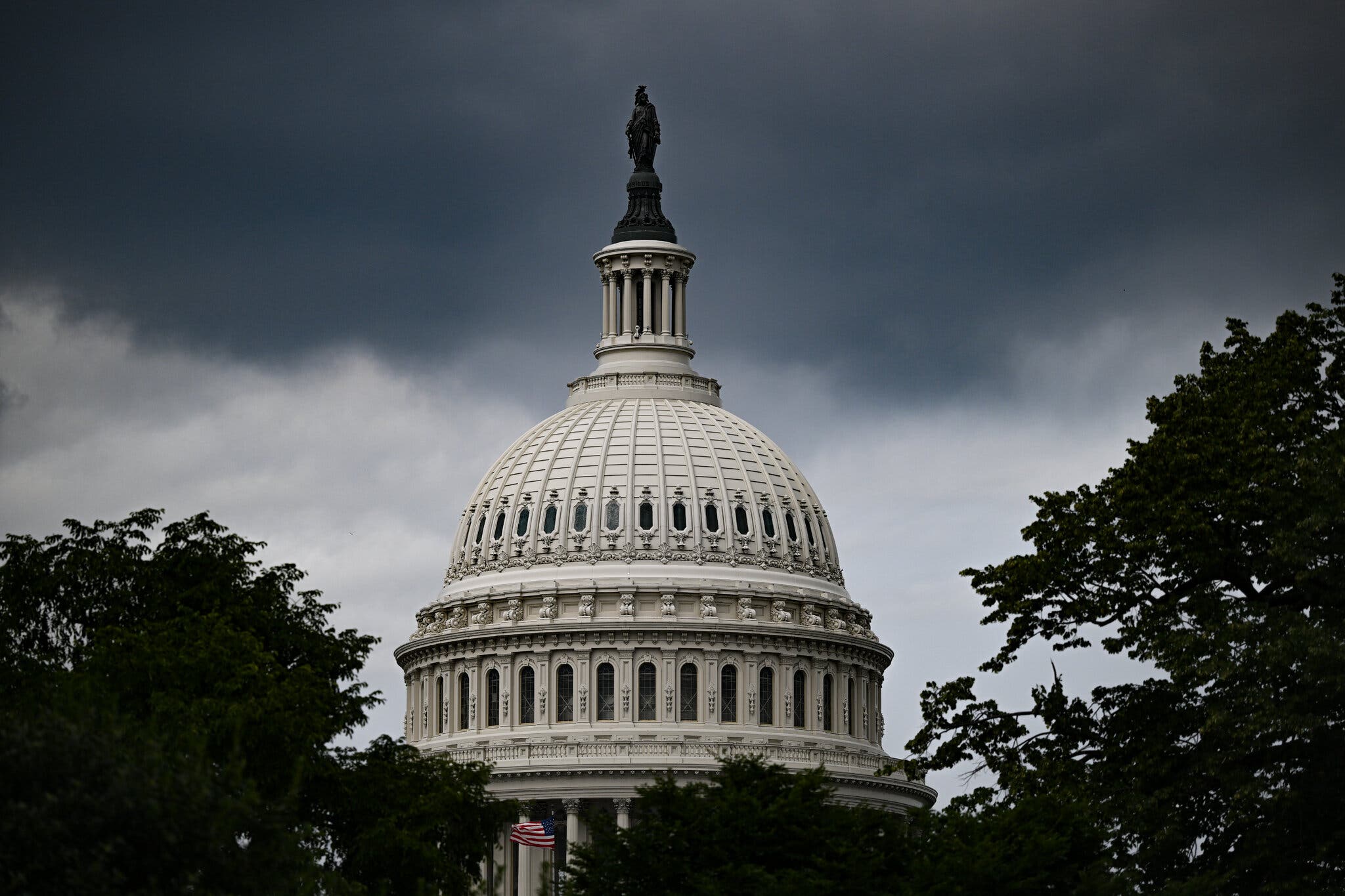The US Treasury announced that the national debt of the United States has reached an unprecedented milestone, surpassing $32tn for the first time in history, the New York Times reported.

“The total unpaid state debt is $32tn" the ministry stated.
This represents a significant increase from the previous indicator of a level of $31.95tn. The sudden surge in the national debt can be attributed to various factors, with the COVID-19 pandemic playing a substantial role. The economic downturn caused by the pandemic necessitated substantial government spending to mitigate the negative effects on the economy.
To address the urgent financial needs arising from the pandemic, US President Joe Biden signed a law in early June that temporarily raised the national debt limit until January 1, 2025.
While the temporary increase in the debt limit provides some breathing room, experts are concerned about the long-term implications. The Congressional Budget Office recently reached a bilateral agreement to suspend the debt limit for two years. This agreement includes provisions that aim to reduce federal spending by $1.5tn over a ten-year period. However, even with these spending cuts, projections indicate that the national debt could exceed $50tn by the end of the decade.

At the same time, House Republicans have initiated discussions on a new set of tax cuts, aimed at increasing the standard deduction for individual taxpayers and providing certain business tax benefits to encourage investment, while reducing energy tax credits. The Committee for a Responsible Federal Budget, which advocates lower spending levels, estimates that the proposed legislation would cost $80bn over a decade or $1.1tn if the measures were made permanent.
During a hearing held by the House Financial Services Committee, Treasury Secretary Janet L. Yellen defended the Biden administration's management of the country's finances. She highlighted that the White House had presented a budget this year that would decrease the deficit by $3tn. Additionally, Yellen informed the panel that interest rates were expected to decrease in the medium term, which would help make the debt burden more manageable.
Yellen expressed concern that the tax policies advocated by Republicans would further deteriorate the fiscal situation.
“They would benefit wealthy individuals and corporations and do nothing for working families,” Ms. Yellen said. “It’s not paid for, and it would exacerbate the debt.”
Comments (0)